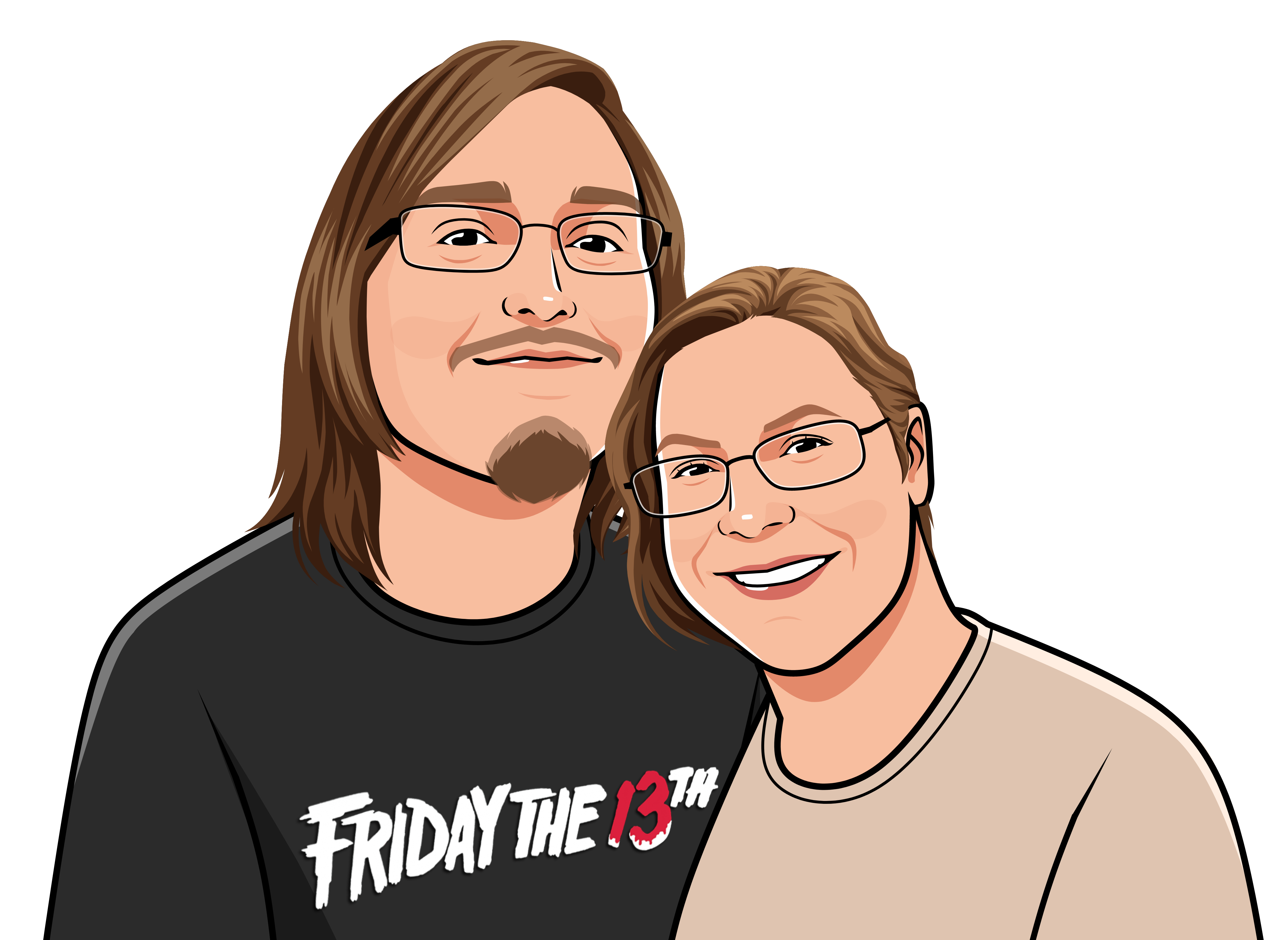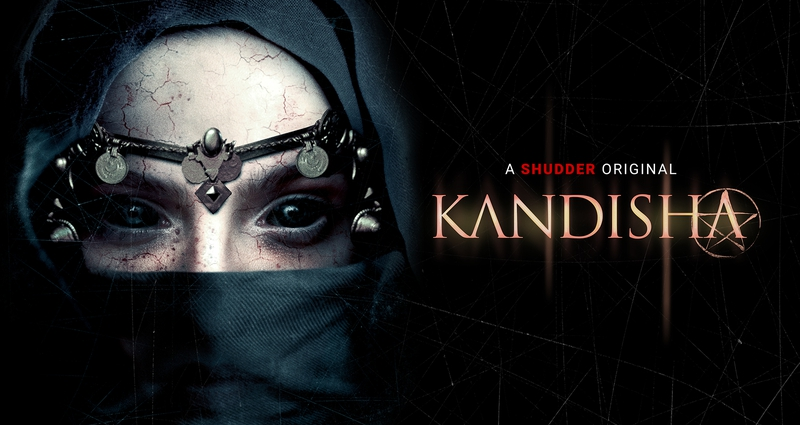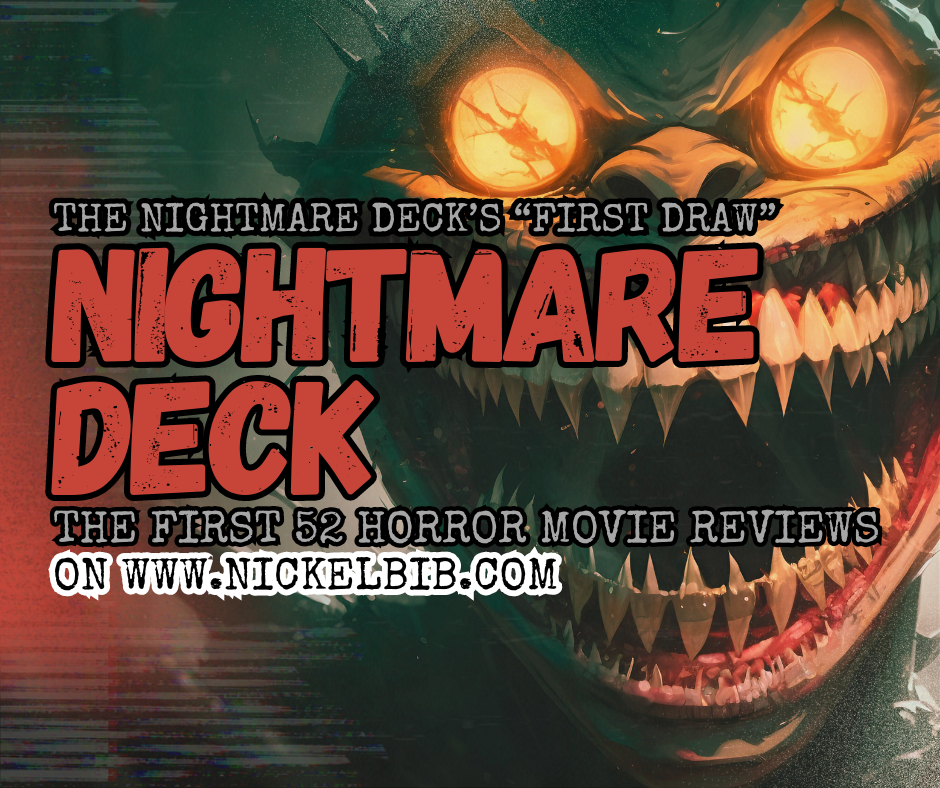First and foremost, we at Nickelbib simply want to thank you Gregory Plotkin for volunteering to have your mind cracked open for us to see what’s inside. Obviously, we are in very unprecedented times at the moment, as a result of Covid-19, and really, everyone’s only trying to find some sense of normalcy. Speaking of, what are your thoughts on the ongoing debacles with the film industry, in-particular with controversies involving film companies and theater chains and films being released while theaters are closed? What do you think the aftermath will be once everything is said and done and smoke settles and what would you like the aftermath to be?
It’s an unprecedented time for every industry so it’s difficult to say how we’ll all come out of this. I prefer that people go to the theaters to see films. Watching a film, like attending a concert or going on a roller-coaster, are community experiences. We all feed off of each other and the ability to have some anonymity in the dark only heightens this experience. It’s cathartic to experience these stories with strangers where we know we’re all in it together. That said, I recognize that home theaters of all shapes and sizes are coming down in price. I also know that there are so many different “screens” in our lives now and it’s becoming the norm to use all of them. So, I’m not blind to the fact that as much as I prefer people go to theaters, the reality is you can sometimes get a great experience from the comfort of your own home. Sometimes the trade-off of watching at home is that you don’t have to deal with the rude person talking in front of you and the other person checking their phone throughout the show.
All that said, this industry is a business. As such, these movies need to be released in some form and companies and everyone who works on a film need to earn a living. If streaming or VOD or other non-theatrical venues are the only viable option, then it’s something that needs to be considered. In a perfect world I’d like theaters to open like before and we’d all pack into crowded showings of every film around. But I also want people to see the work I create, and I’d like to make a living as well. As a result, I’m open to everything right now and am as curious as the next person as to how it will work out.
Of course, by now you have edited and directed feature length films that have attained considerable success both critically and commercially, but, according to IMDb, your acting debut was in the 1988 film Warlords, is that an indication for how early your interest in film and filmmaking began?
Actually, that film isn’t as much an indication as it was a fun opportunity to be in a film while in college. Along with a few of my best friends, we got to spend the day dressed as Mutants and see how a movie was made. It was a blast and definitely stoked my passion to make films. I think I knew from an early age though that I’d be in the film business. I was lucky to be able to visit a fair share of film sets as a kid and I got the bug early. Growing up in LA, I had many friends whose parents work in the business and it just seemed like the natural thing to do.
In 2017, you were an editor for the Jordan Peele horror filmed Get Out, and, as someone who has been a lifelong film fan, I am curious about what the day-to-day is for an editor. I have written novels and have proofread many, many novels, and I find that they offer a very different experience altogether. I find that it is very analytical, dealing with structural foundation and techniques. I find creation very right-brain central and editing very left-brain central, with each of them having their own enjoyments. Do you think that applies to film editing and does that apply to your experiences as a film editor?
The day-to-day for an editor is different in each phase of the film’s progress. During shooting my day consists of watching every frame of dailies, takiing notes and trying to understand the movie. There’s a lot of experimentation and generally forming a point of view on the unfolding narrative. What may have read one way is suddenly very different once the director shoots it through their vision. So, I’m constantly changing my perception of the film and finding its core.
During post we finally have a completed version of the film and you then get to look at the film as a whole and really soak it in. You see where it moves well and where it doesn’t. You need to be brutally honest with the strengths and weaknesses of the film. It’s then a lot more experimentation and diving deeper into the narrative. But now that you’ve seen it as a whole and are intimate with the footage, it’s fun and exciting to expand your mind and try new things.
Finally, there is the preview process and mix. Now you get the honest truth from a non-biased audience. You can’t take every note of theirs seriously, but you look for themes as to what they are tracking and what isn’t making sense. You still have to trust your instincts but also respect what tracks and what does not. Then you get to mix and color the film and that makes what was merely a good film a great one. It’s like adding make-up and getting it ready for the world to see. Sound is so underrated to the common moviegoer, but it is so vital to a films connection with an audience.
That is my day to day but to answer you other question, I think your right brain/left brain description applies perfectly to editing a film. I am the keeper of the story and doing the final re-write as I go. I am both creating and dealing with narrative and structure. It’s a subconscious movement between both sides of your brain as you try to create freely while also adhering to rules you absolutely need for the film’s success.
In 2015, you directed Paranormal Activity: The Ghost Dimension. The Paranormal Activity series, in a lot of ways, was a defining series in the 2010s (Paranormal Activity 2 arriving in 2010 and with five sequels thereafter). Obviously, in spite of it serving as your directorial debut, you had a considerable resume in film, but it still requires a level of faith for Blumhouse to have you at the helm for what was, then, deemed the series end. How did your transition to film directing come to fruition and had it been something you always intended?
My transition to directing came from my experience with the franchise. After editing Paranormal Activity 2 I had conversations with both Blumhouse and Paramount and let them know that I wanted to direct. I became very involved with the shooting of Paranormal 2 because of our accelerated schedule. We started shooting in July for a film that came out in October which was pretty unheard of. As a result, I was on set a lot and given a voice in the process. That continued throughout the rest of the films so that by the time I directed my film, I had been groomed a bit and was able to understand the process from every angle. It was very seamless to go from the editing chair to directing on that franchise. Directing has always been an aspiration and I was just lucky enough to find the right group of people and franchise to get my break.
You edited the second, third, fourth, and fifth film of the series, thus, I would imagine you were fairly acquainted with the series. How would describe your experience behind the director’s chair?
My experience directing was a lot of fun and very comfortable. Given my familiarity with the franchise and everyone involved, it wasn’t as scary as it might have been otherwise. I still had and have a lot to learn but it was really a natural progression to direct that film. Of course, as director I had much more responsibility but overall it was a great experience. I was lucky to get my first feature directing job at a major studio and on a successful franchise.
Obviously, working with an established franchise comes with certain restraints and expectations to uphold, if you had free rein, is there a direction you would like to have seen the series head, certain lore you would like them to further explore and investigate?
I really wanted to explore the start of The Coven more and get a better resolution to Katie’s story. These were definitely things I wanted to explore in my film but unfortunately there were a lot of voices in the process and it all didn’t happen. I would love to see a better resolution to the previous families in the franchise and also get a glimpse into who was actually putting the films together. Again, I think getting a true resolution to Katie’s story is also something to explore.
As a film director and as an editor, do you prefer the found-footage format or conventional filmmaking? Does that opinion change any from those viewpoints? For instance, editing a Paranormal Activity film against editing a film like Get Out.
I’m open to the best way to tell a story. I don’t have a preference to any technique and feel comfortable cutting and directing both. A film like Get Out might not have been as successful narratively if done as found footage. Of course, Jordan is an amazing filmmaker and probably would have found a way to make it great but the style limits some of the great tools we have to tell a story. Same with Paranormal as a conventional film. It’s really just all part of a director’s vision and how to best express that.
Ahead of Halloween 2018, you released your film Hell Fest, a horror akin to the films of yesteryear. Featuring Candy Man actor Tony Todd and references to popular 80’s features like The Fly, the film is no doubt a celebration of the genre itself. What is your personal favorite Slasher film and what do you think draws moviegoers to Slasher films?
My all-time favorite is the original Halloween film. It’s a film I constantly revisit and was a huge inspiration from the moment I saw it. I think just with horror in general, seeing these films is a cathartic way to experience our worst nightmares. Somehow this allows us to conquer our irrational fears and get some ability to compartmentalize them. And when done well, they are great drama and a lot of fun.
The film, which also features Scream series star Bex Taylor-Klaus, is set at a traveling Halloween carnival, and sees its characters offed one by one by a mysterious masked serial killer. What drew you to this film and how did your experience filming this differ from your experience with Paranormal Activity?
I was drawn to the film for multiple reasons. First, I am a fan of the genre. I was born the day before Halloween and horror films have always been a part of every birthday. Second, I am a huge fan of Halloween Horror Nights and was really drawn to a story I didn’t feel I’d seen before. Then add to the fact that Gale Anne Hurd was producing, a good friend in Seth Sherwood was writing and it was a great fit.
My experience with this film was different in a lot of ways. The biggest was that I wasn’t beholden to any established norms of a franchise and could explore where I wanted. It was also shot with traditional coverage and not found footage. This afforded me more options and allowed me to explore different ways to tell the story. I was also able to use larger sets and locations which again opened up the experience for me. As much as Paranormal was my feature directing debut, in a lot of ways this was my first movie. It was a blast to make.
The film really is a lot of fun, and, as I understand, filmed at Six Flags White Water? Smoke permeates nearly every shot of this macabre wonderland, what do you think you would have be the takeaway from this film?
That’s a tough question. My inspiration for the killer was the internet of all things. I have been fixated on how seemingly quiet, civil and respectful people become absolute monsters when they hide behind a keyboard on the internet. The internet seems to bring out the worst in some people and I wanted the killer to mirror that. He puts on a mask to kill anonymously and that was akin to how many just type anonymously from home to spew hatred. I wanted the killer to come home to a seemingly “normal” life like most of the internet trolls. I guess my takeaway would be to look closely at those around you. Are they really who you think they are?
I ask this, in part, because I wonder about perceptions of the genre. Oftentimes, I feel like critics sometimes don’t necessarily “get” a film, so to speak. Obviously, it is all subjective, but I can sometimes feel there is a one-track mind about what a film, particularly, a horror film, is meant to accomplish. For instance, the bread-and-butter of the slasher genre has not always been “to scare,” so much as it is “to entertain” and even “charm,” and I was curious about your take on that.
Horror gets a bad rap from critics. Horror, like all other genres is meant to function on many levels. And, like comedy, what one person find scary, another might not. It’s all about taste and subjectivity. But if you go in saying this thing has to scare me then you’re setting yourself up not to like the film. A horror film should make you think and that doesn’t always mean you’re scared and running from the theater. Sometimes it’s unsettling and you actually find the scare later when you’re home alone. Basically, if any film makes you think about it all after you leave the theater it was successful. Even if you hated it, the fact that you talk about it after and maybe think about it more means the film struck something in you. But a lot of critics think horror has to do one thing only and that isn’t fair to the film or the genre. Like you said, some horror is meant to only entertain or charm you. I wish people would have an open mind and realize that some films aren’t meant to change the world and function to just let you have fun for a couple of hours.
Thanks again for taking time with us on Nickelbib, and the floor is yours, if you have anything you want to shine a spotlight or shout-out, we will be more than receptive to indulge you as you have us.
Thank you for having me! I think the biggest thing I’d shine a light on is just how wonderful the horror community has been to me. Call us weird or different, but we all seem to stick together. I love all types of films, but it seems to me that the horror fans are so smart, insightful and generally respectful. Not every film works for each of us, but I’ve seen so much support for one another and it’s amazing. I don’t see this with other genres as much and I wish people who don’t love horror would have a more open mind about horror films. I truly believe that horror is such a great commentary on society and goes way beyond gore or scares. And if you look at some of the most respected filmmakers today, they all started in horror. Parasite, which I loved, is a horror film. Steven Spielberg is a horror director. It’s an amazing genre with talented people throughout and continues to show us the monsters both hidden and visible in our world.






GIPHY App Key not set. Please check settings